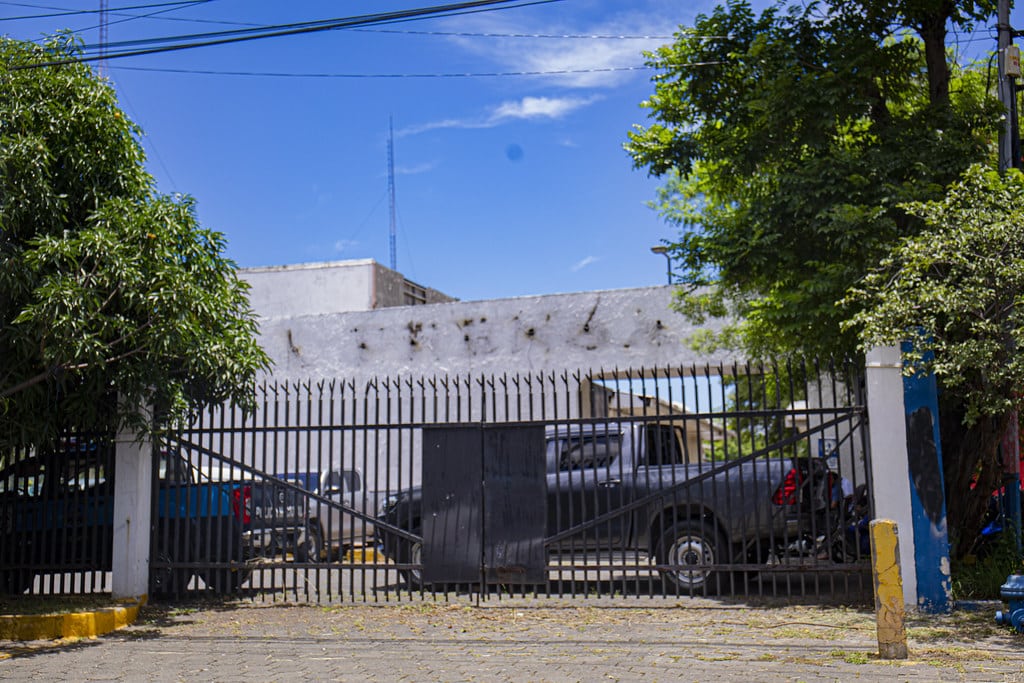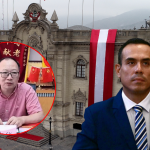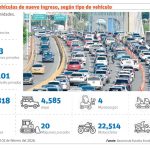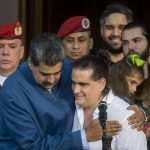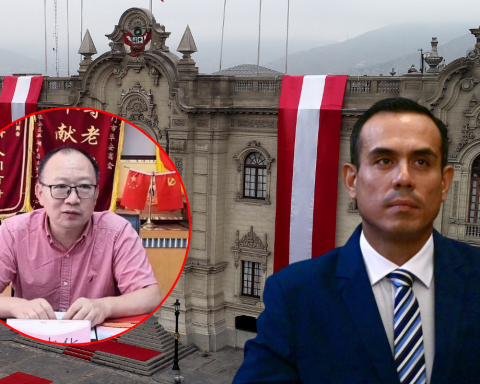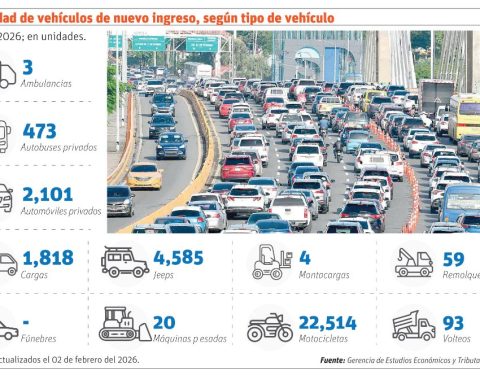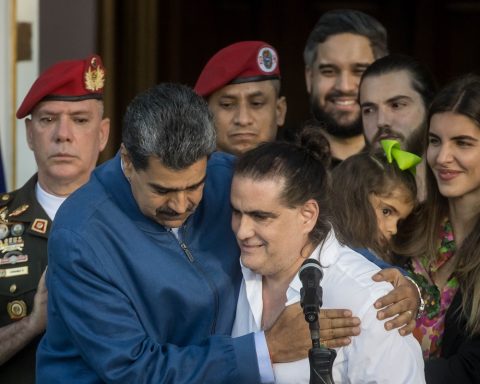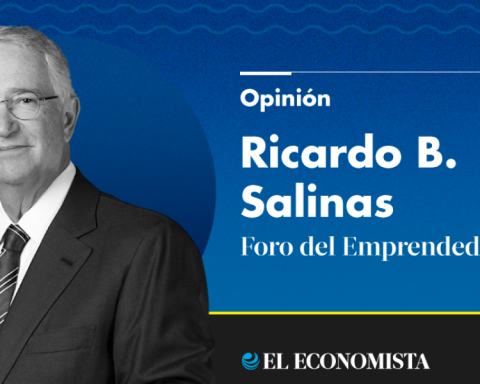Nicaraguan journalism has had to “reinvent itself in exile or underground”, due to the constant attacks by the Daniel Ortega and Rosario Murillo regime, but “we continue to fight” and “we have the obligation” to avoid a news blackout in Nicaragua, warn editors of national media confiscated by Ortega.
For the editor of the newspaper La Prensa, Fabián Medina, the resistance of independent journalism is “necessary” to avoid this obscurantism and “the fight is being waged” through digital platforms. Despite of siege, criminalization, closure and confiscation of the media, “the regime has not defeated journalism,” he emphasized.
“We are not doing the journalism that was being done before because the circumstances have changed brutally,” warned Medina. But “we are giving the battle”. “The information that is known in Nicaragua about what is happening in Nicaragua is being done through this journalism with this clothing that has had to be put on by force. from exile or underground”, he continued.
This new way of doing journalism in resistance also implies the use of “many anonymous sources” and the media “are assuming the credibility of what their sources are saying”, because in this context of repression that prevails in Nicaragua “ you have to take care of the sources and understand all their security measures, ”said the editor.
However, to guarantee the quality of the information, the independent media “what we do is reinvent ourselves” constantly, “maintain contact with people in Nicaragua and be attentive to what is happening.” It is a different way of delivering the news, “we can no longer be on-sitebut through other eyes and through cross-checking to ensure the reliability of the information we transmit”, underlined Medina.
On the other hand, the press officer of 100% Noticias, Lucía Pineda Ubau, pointed out that despite the fact that there is “fear” among the sources of information, mainly those related to State institutions, some of them seek ways of contacting the independent media through third parties to deliver “valuable information”, but that must be corroborated.
The impact on Nicaraguan society
The closure and confiscation of the media not only changed the way of doing journalism in Nicaragua but also the way the audiences have to inform themselves. Situation that is having a negative impact on a part of society that is uninformed of what is happening in the country, the editors pointed out during a panel on the program This week.
“They (the regime) really made an information blackout,” Pineda warned. He recalled that, in the month of August alone, the Ortega regime canceled the transmission licenses of some twenty radio stations and local television channels. Media that mostly disseminated religious content. However, “there is a commitment from people to seek information,” he continued.
This situation “has affected us because not everyone has access to the internet”, there are also radio stations and national television channels that have changed their editorial line and “practically do not touch the political issue”. All of this affects citizens because they have no other information,” Pineda stressed.
Medina, for his part, observed that “there is a kind of blackout” in Nicaragua despite the fact that “there is a public that is aware of what is happening” in the country. “I have spoken with many people and I feel that there is a lot of misinformation and not because they are being informed through the official media, because that does not happen, what happens is that people are no longer having access to information,” she commented.
For Medina, the reason for this “blackout” is that before the confiscations, information flowed through television and newspapers, but now the population has to search for information and “to search for it, a more committed reader is required.” , most in need of information”.
Confiscated buildings with no real use
Although the regime of Ortega and Murillo installed in the building confiscated from La Prensathe “José Coronel Urtecho” Cultural and Polytechnic Center, under the administration of the National Technological Institute (Inatec), on August 23, the editors agreed that it remains to be seen if said center really comes into operation.
“The regime has a tendency to make very theatrical inaugurations and with causes that they believe can justify the robbery that is being committed, so they inaugurate a maternal home, a center to combat addictions, in the La Prensa building is a cultural center… to mark territory, say we are in possession of this building, but there is nothing substantive. Until now we have not seen a function that determines the end of these means”, Medina pointed out.
Pineda, for his part, recalled that in the building confiscated from 100% Noticias, the regime inaugurated a center to treat addictions that “no one comes to… they do not occupy it at all, they are only present to say ‘we have control over this building”. However, he cautions, “they don’t dominate journalists.”
